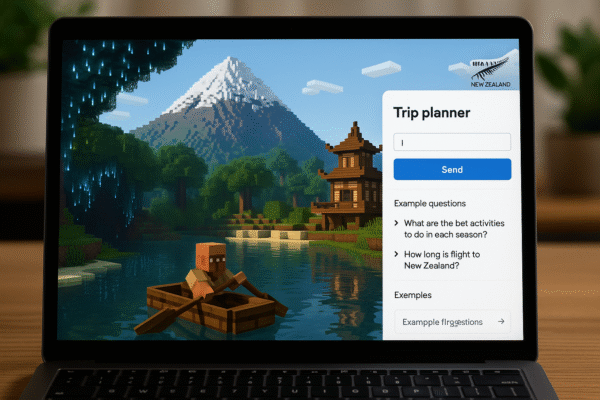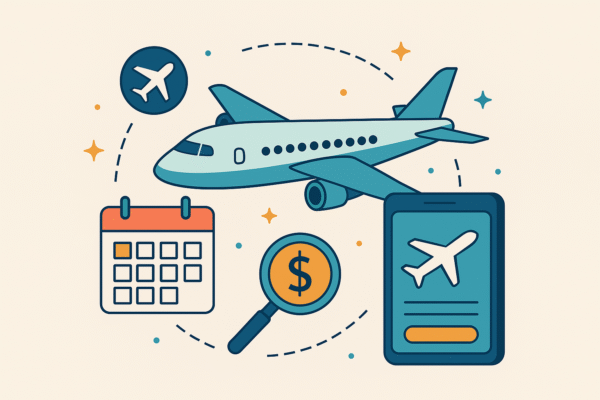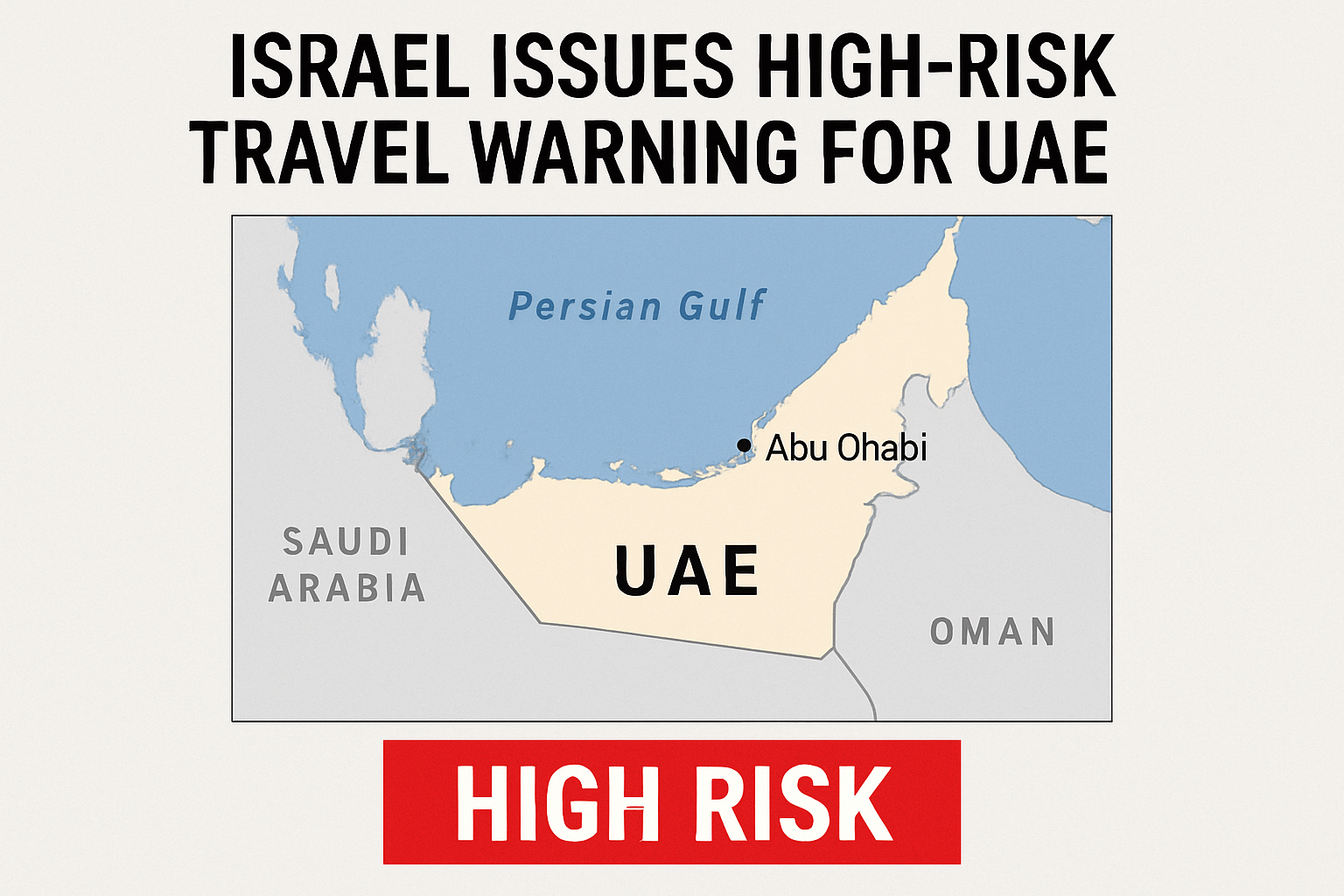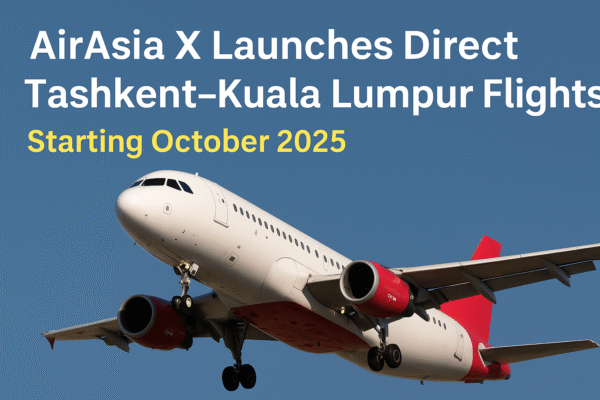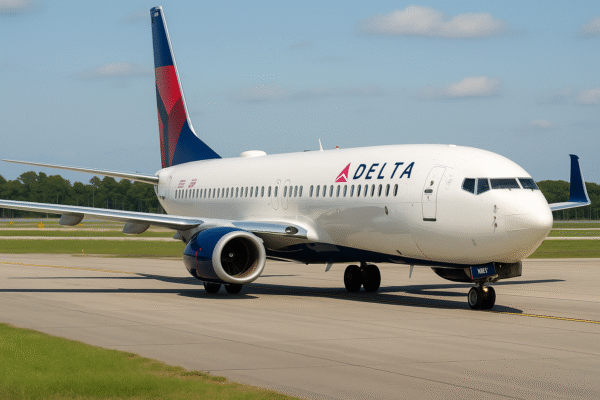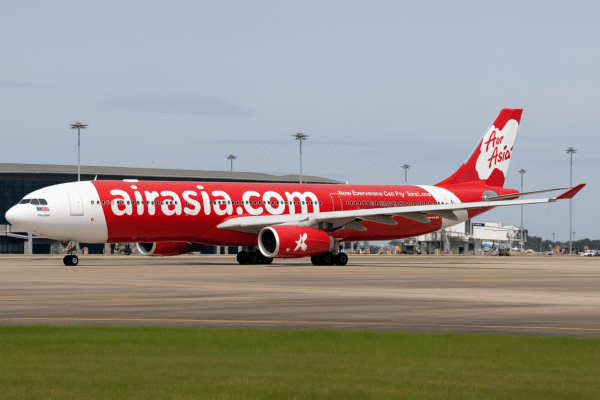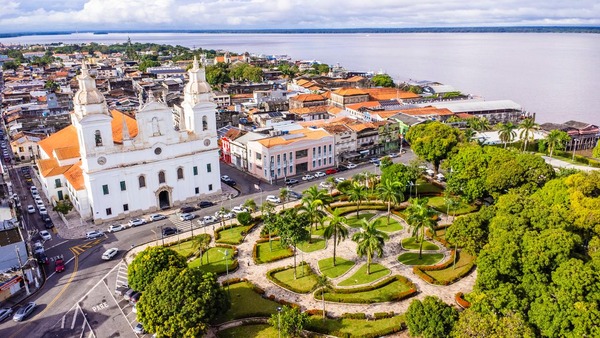Belém, Brazil – June 2025:
Brazil has significantly expanded its international air connectivity with the United States, launching a new direct route between Miami and Belém on June 15, 2025, operated by GOL Linhas Aéreas. The new service adds to the over 200 weekly flights already connecting the two countries and underscores Brazil’s efforts to position itself as a leading destination for tourism and investment.
Initially operating once weekly, the flight will increase to twice per week starting June 26, connecting North America directly to the heart of the Brazilian Amazon. The new route, using Boeing 737-800 aircraft, is a strategic move in anticipation of COP30, the United Nations Climate Change Conference, scheduled for November in Belém.
Belém: A Rising Star on Brazil’s Global Travel Map
The launch of the Miami–Belém connection is timely. Belém is not only gaining global attention as the host city of COP30, but it’s also benefitting from renewed infrastructure investment, sustainable tourism development, and increased international flight accessibility. This enhanced connectivity is vital for linking environmental policymakers, global delegates, and tourists directly to northern Brazil—a region historically underserved by international routes.
As Brazil’s Amazon gateway, Belém is now more accessible than ever for North American travelers seeking eco-tourism, biodiversity, and cultural richness. The city is fast becoming a hub for sustainable travel and environmental dialogue, giving it new relevance on the global stage.
Expanding Brazil-U.S. Routes Across Key Cities
The Miami–Belém route is part of a broader air travel expansion between Brazil and the U.S. in the past 18 months. Recent route additions include:
- Fort Lauderdale to Belém, operated by Azul (4 weekly flights)
- Orlando to Belo Horizonte, direct via Azul
- Miami to Manaus, serviced by LATAM and Avianca
- Daily connections from Houston, Dallas, New York, Atlanta, and Miami to São Paulo (GRU) by American Airlines, United, Delta, LATAM, and GOL
According to Embratur, the Brazilian Tourism Promotion Agency, the surge in international flight options marks the strongest air traffic growth between the two nations since before the pandemic.
U.S. Remains a Key Market for Brazil’s Tourism Sector
With these expanded routes, the United States remains a primary source of international visitors to Brazil. From January to May 2025, Brazil welcomed 4.89 million international tourists, reflecting a 49.7% year-on-year growth. This dramatic increase is supported by official data from Embratur, the Federal Police, and the Ministry of Tourism.
Rio de Janeiro alone received over one million international visitors during the same period, a figure notably boosted by global events like Lady Gaga’s Copacabana Beach concert in May, which drew tens of thousands of fans and significantly boosted tourism-related revenue.
Tourism Fuels Foreign Direct Investment (FDI) Boom
The tourism boom is paralleled by an equally impressive surge in foreign direct investment (FDI). From January to March 2025, Brazil attracted USD 81 million in tourism-related FDI, representing an 88% increase over the same period in 2024. Key sectors include:
- Transport and aviation: USD 63 million
- Culture and leisure: USD 13 million
In total, Brazil received USD 360 million in tourism FDI in 2024, a 40% increase from 2023. The nation ranked as the second-largest global recipient of FDI in 2024, trailing only the United States, with total inflows reaching approximately USD 70 billion (BRL 400 billion).
Embratur: Brazil Outpacing Global Tourism Growth
Speaking at a recent media event, Marcelo Freixo, President of Embratur, highlighted that Brazil’s tourism and connectivity growth exceeds global averages. While UN Tourism projects 3%–5% growth in international travel globally, Brazil is forecast to see a 50% increase in tourist arrivals in 2025.
“We’ve broken historic records in flights, visitor numbers, and tourism revenue. The international campaigns and connectivity strategies are paying off,” said Freixo.
“More tourists are arriving and exploring a wider range of destinations, helping create jobs and distribute growth across the country.”
The expansion of routes like Miami–Belém also supports regional development and job creation in northern Brazil—helping integrate historically underrepresented areas into the national tourism economy.
Strategic Goals for 2025 and Beyond
Brazil’s Ministry of Tourism, working alongside Embratur and aviation stakeholders, continues to focus on:
- Attracting new international carriers
- Diversifying origin points for inbound travel
- Strengthening regional airports and tourism infrastructure
- Showcasing Brazil’s cultural, ecological, and event-based tourism assets
COP30 in Belém is expected to be a milestone event, drawing thousands of global participants and catalyzing long-term improvements in the region’s tourism capabilities.
Conclusion: Brazil Takes Off as a Global Tourism and Aviation Leader
With new routes like Miami–Belém, Brazil is not only expanding physical connectivity but also solidifying its place as a global tourism powerhouse. The convergence of rising visitor arrivals, growing FDI, and high-impact global events marks 2025 as a breakthrough year for Brazilian tourism.
As Belém prepares to welcome the world for COP30, and airlines like GOL, LATAM, Azul, and international carriersramp up service, Brazil is showcasing its cultural vibrancy, ecological significance, and international openness—setting the stage for long-term growth and leadership in the global travel landscape.
For more travel news like this, keep reading Global Travel Wire

